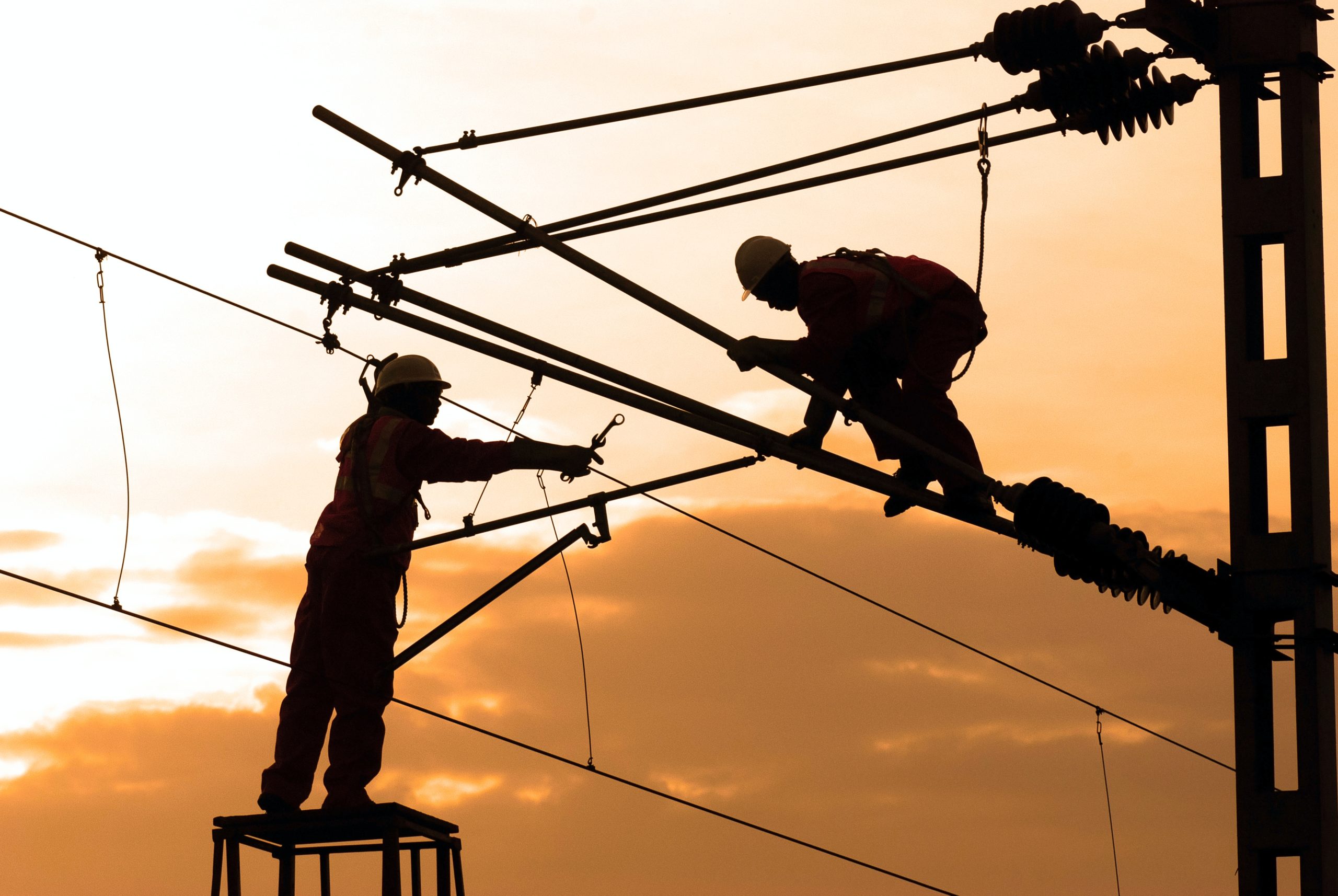Are you interested in getting an electrician’s license or apprentice electrician license in Colorado? You’re not the only one looking for a career in electrical work in the Rocky Mountain state. While demand for electrical professionals will grow across the nation 10% by 2030, Colorado’s projected demand growth is nearly triple.

Getting an electrician’s license in Colorado takes time. You will need to undergo technical training and classroom time. You must register and work as an electrical apprentice. Finally, you must pass the electrical journeyman exam to be fully licensed to work as an electrician in Colorado. Taking that time can pay off, and you may join the ranks of an estimated 9,500 to 17,000 people who are currently employed as electricians in the state.
What type of training do I need to get an electrician license in Colorado?
There are a number of topics a skilled electrician needs to be familiar with. Your training will teach you about grounding and bonding; the National Electrical Code; and on-the-job safety, including OSHA requirements for electrical workers. Electrician education courses also teach practical skills like wiring methods, as well as necessary theories and calculations. Everything you will need to know from getting an apprentice electrician license to landing your first job will be explained here.
You have two paths available to complete your training:
- Complete 288 hours of classroom and lab training time and work for 8,000 hours as an electrician’s apprentice.
- Earn a two-year degree from a technical school and work for 6,000 hours as an electrician’s apprentice.
Which direction you take is up to you, as both approaches are effective for achieving your electrician’s license in Colorado.
What does it take to work as an electrical apprentice in Colorado?
Getting an electrician license in Colorado electrician requires that you spend thousands of hours in apprenticeship. You must choose either an electrical contractor or master electrician to serve under as an apprentice. That’s because a lot of what it takes to be an electrician must be learned on the job.
You can use educational organizations like the Independent Electrical Contractors Rocky Mountain Association to get set up with a local electrician. Or you can work with such an organization to turn your current construction job into an apprenticeship. Once your apprenticeship is registered by the Colorado State Electrical Board, you’re all set!
How do I pass the journeyman electrical exam in Colorado?
Before you pass your journeyman electrical exam, you must first register and apply. It may seem daunting at first, but once you know the steps involved it may feel more approachable.
- Once you have registered and paid for the exam, you must then schedule your examination.
- Next, you must actually take the exam.
- Remember that you must bring two forms of identification.
- Each of these must have your signature.
- At least one must have your photograph.
- Make sure your name matches your ID exactly.
Another tip? Try arriving 30 minutes early to your appointment.
How often do I need to renew my electrical license in Colorado?
Once you’ve passed your electrical license in Colorado, you will then need to renew it every three years. The current period expires on Nov. 30, 2020 for existing licensees.

How much do electricians earn in Colorado?
Electricians in Colorado earn an annual mean wage of $58,440 or about $28 per hour. That’s a bit lower than the nationwide electrician average of $63,310 per year or about $30 per hour.
As with the rest of the country, electricians working in and near urban centers make more money. In Denver, for instance, a mid-career electrician can make more than $60,000 to $66,000, a range that more closely matches the national average.
Salaries can vary whether you have an apprentice electrician license or a master electrician license but they range close to the amounts listed above.
Whether that is worth it to you or not may depend on your living expenses. While some expenses like housing are higher in Colorado, and higher in places like Denver and Boulder in particular. Other expenses such as food, however, are much lower than the national average.
